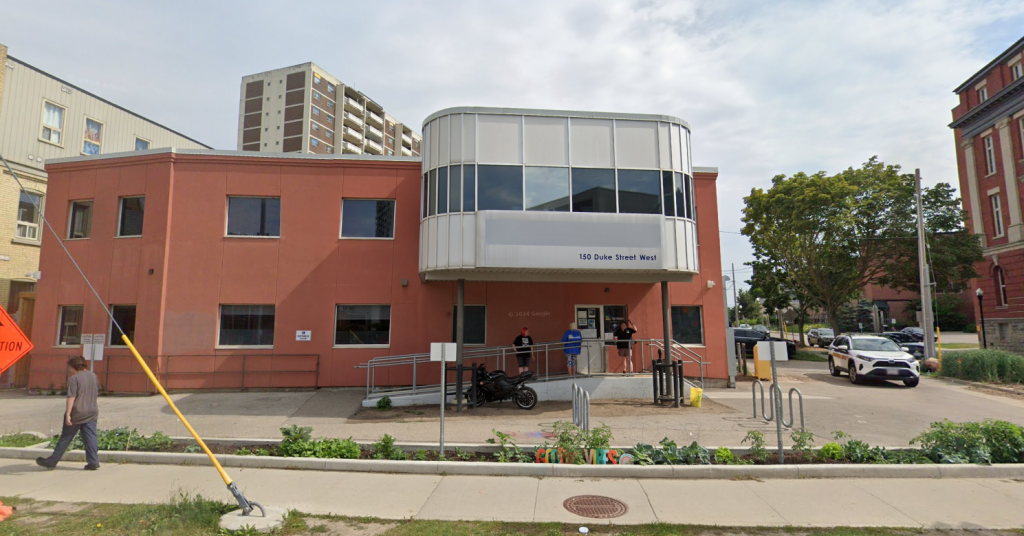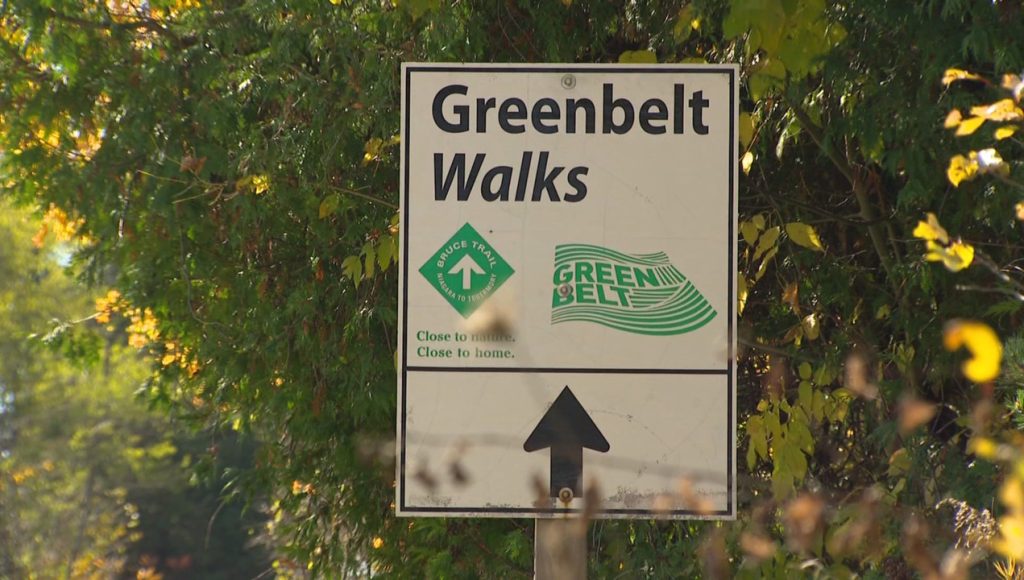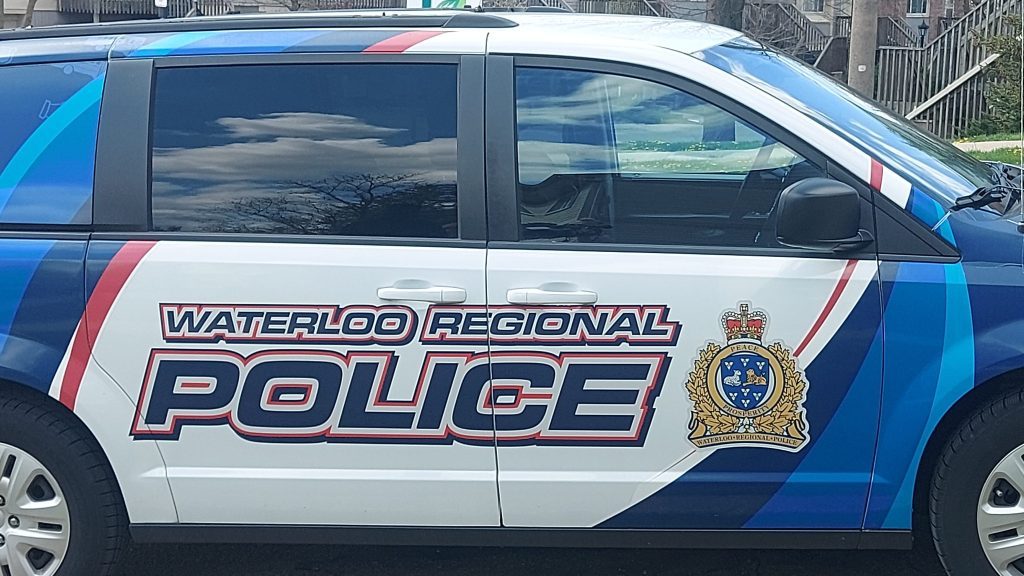Healing seven generations of residential school trauma
Posted Oct 23, 2021 05:45:00 PM.
Twenty years ago, The Healing of The Seven Generations executive director Donna Dubie says that the Creator planted a vision of healing in her mind.
In 2001, she was working in a First Peoples employment agency when she realized she would have difficulty placing clients because of their overwhelming and unresolved traumas.
At that time, there were three organizations in the community dedicated to supporting First Peoples, but none of them addressed healing.
“So I worked really hard to provide all the components that we needed for the healing aspect of it, and created The Healing of The Seven Generations,” Dubie said.
The organization is called The Healing of The Seven Generations because they believe it will take at least seven generations to heal from the lasting trauma of residential schools.
“When you look at the amount of time that the residential school has been around, it affects seven generations. And so we feel that it will take at least seven generations of healing before our people before there will be no more need to have an organization like this,” she said.
Currently, they offer approximately 25 different programs to support First Nations Status, non-Status, Métis and Inuit people who are suffering any of the effects stemming from the residential school system.
That includes a form of counselling that Dubie says is more one-on-one cultural knowledge.
“In hopes of trying to help our people attach themselves back to the culture, we’ll take them away from any of the abuses or the addictions that they're currently suffering, by having conversations with somebody who knows exactly what it is that they're going through,” she said. “Participating in ceremonies, being involved with the medicines, drumming, participating in the men's and the women's circles.”
They also have food hampers they deliver to their community members, as well as a “huge” backpack program to support any community members attending school.
“We give them a brand new pair of shoes and a backpack full of school supplies,” she said. That's for any of our people that are going to school, even attending college or university or adult education.”
Dubie says that effects stemming from the residential school system are varied, and affect their community members in the education system, the healthcare system, the justice system, and child welfare.
“Every system that is out there, our community members are impacted in one way or another,” she said.
“We still have the highest rate of our children involved with family and children's services, so the Children's Aid apprehension rates are still really high. We still have the highest incarceration of our people, because our people get carded or picked up for small reasons, and end up in the jail system more in the penal system.
“So even in the health care system, our people are being judged and racially profiled as being drunk or high on drugs or something like that. Women that have gone in there, victims of domestic violence, and have been left to sit in their abuse, hurting for hours on end before they get seen by a doctor,” she said.
Dubie says there are between 40 to 45,000 First Peoples living in Waterloo Region. About 10,000 of them walked through the doors of The Healing of The Seven Generations in the last year.
In terms of what the broader community can do to assist with the healing process, Dubie says making a connection can go a long way.
“We had sacred fire burning when the 215 were discovered, and we just put it out on September the 30th. And I think the best thing that they could do is to come around and ask questions and be involved with the community,” she said. “We were here for the community. So we would like them to come and understand, get the knowledge that they need when it comes to understanding what the truth is for truth and reconciliation.”
You can learn more about The Healing of The Seven Generations here.








